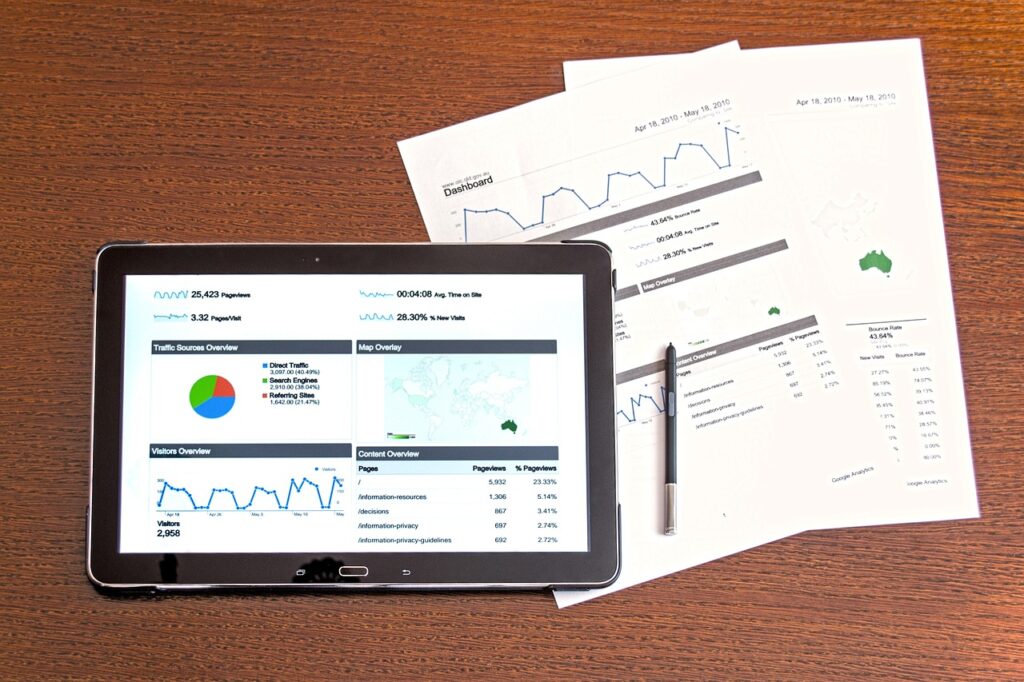In the realm of business management, the fusion of Financial Reporting in ERP systems serves as the cornerstone of informed decision-making and sustainable financial health. This blog takes you on a comprehensive journey through the significance, functionalities, and strategies behind financial reporting within Enterprise Resource Planning (ERP) systems.
The Significance of Financial Reporting in ERP
Financial Reporting: The Backbone of Business Insights

Financial reporting within ERP systems is the mechanism that transforms raw financial data into actionable insights. It enables businesses to gauge their financial health, make informed decisions, and ensure compliance with regulatory requirements.
ERP Systems: The Integrated Solution
Enterprise Resource Planning systems act as the hub for all business data, including financial information. They centralize data collection, processing, and reporting, making it easier to analyze and report on financial metrics.
Key Aspects of Financial Reporting in ERP Systems
1. Data Integration and Accuracy
ERP systems integrate data from various departments and sources, ensuring accuracy and consistency in financial reporting.
2. Customization and Flexibility
ERP systems offer customizable financial reporting templates that adapt to an organization’s unique needs, allowing for diverse financial reports.
3. Real-time Reporting
ERP systems provide real-time financial data, enabling swift decision-making and proactive response to financial trends.
4. Compliance and Regulation
ERP systems help businesses meet regulatory requirements by generating accurate and compliant financial reports.
5. Analytics and Visualization
Advanced ERP systems offer data analytics and visualization tools, enhancing the understanding of financial data.
Strategies for Effective Financial Reporting in ERP Systems

1. Define Reporting Objectives
Start by outlining your financial reporting objectives. What insights do you need, and who are the key stakeholders?
2. Data Accuracy and Consistency
Ensure data accuracy and consistency across your ERP system to maintain the integrity of your financial reports.
3. Regular Monitoring and Validation
Regularly monitor and validate your financial reports to identify and correct discrepancies or errors.
4. Training and Knowledge Sharing
Invest in training and knowledge sharing to empower your team to leverage the full potential of your ERP system for financial reporting.
Conclusion: Empowering Financial Decision-Making
In the era of data-driven decision-making, understanding the intricacies of Financial Reporting in ERP systems is not a choice but a strategic imperative. By optimizing your ERP system’s financial reporting capabilities, you can gain unprecedented insights, ensure financial compliance, and position your business for financial success.
Financial reporting in ERP isn’t just a process; it’s a tool that empowers businesses to navigate complexity, make informed decisions, and secure their financial well-being.
Sign up now for Free and enjoy unlimited Quotations & Invoices at grofleX
Check out:


